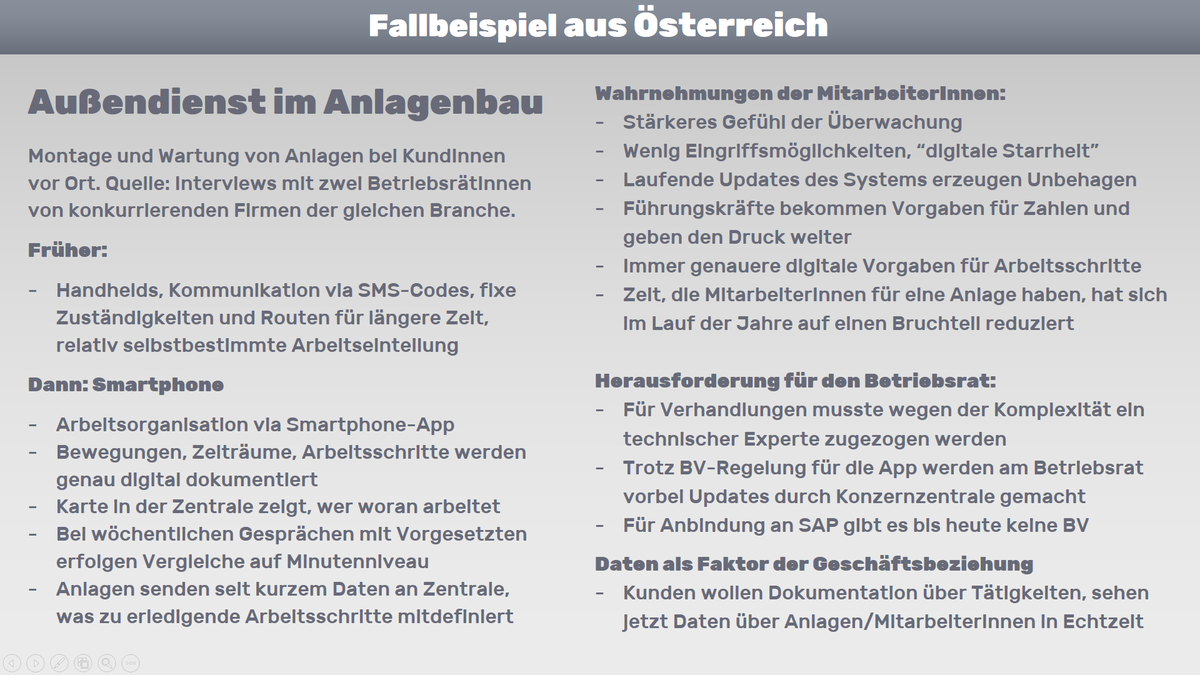
The DPC's draft decision about the 2018 NOYB complaint against FB largely reads like Facebook defending itself against the complaint.
Even without considering off-platform data, FB processes personal data on hundreds of millions of Europeans at an EXTREME scale/depth/velocity.
The decision argues this the 'very nature' of FB's service and can thus be part of a 'contract' with the user.
noyb.eu/sites/default/…
The decision argues this the 'very nature' of FB's service and can thus be part of a 'contract' with the user.
noyb.eu/sites/default/…

(actually, as far as I can see, the investigation of Facebook's personal data processing activities and in-depth legal assessments of each of those data processing activities was not part of the investigation that led to the draft decision)
If the "provision of behavioral advertising" based on large-scale commercial mass surveillance could generally "form a core part of a service offered to and accepted by users" - if that would hold up - the GDPR would be doomed as an regulatory instrument to rein in big tech. 

In this case, the only solution would be to introduce limitations in contract law outside of data protection law.
And in any case, ban FB from surveillance advertising via DSA.
And in any case, ban FB from surveillance advertising via DSA.
• • •
Missing some Tweet in this thread? You can try to
force a refresh







